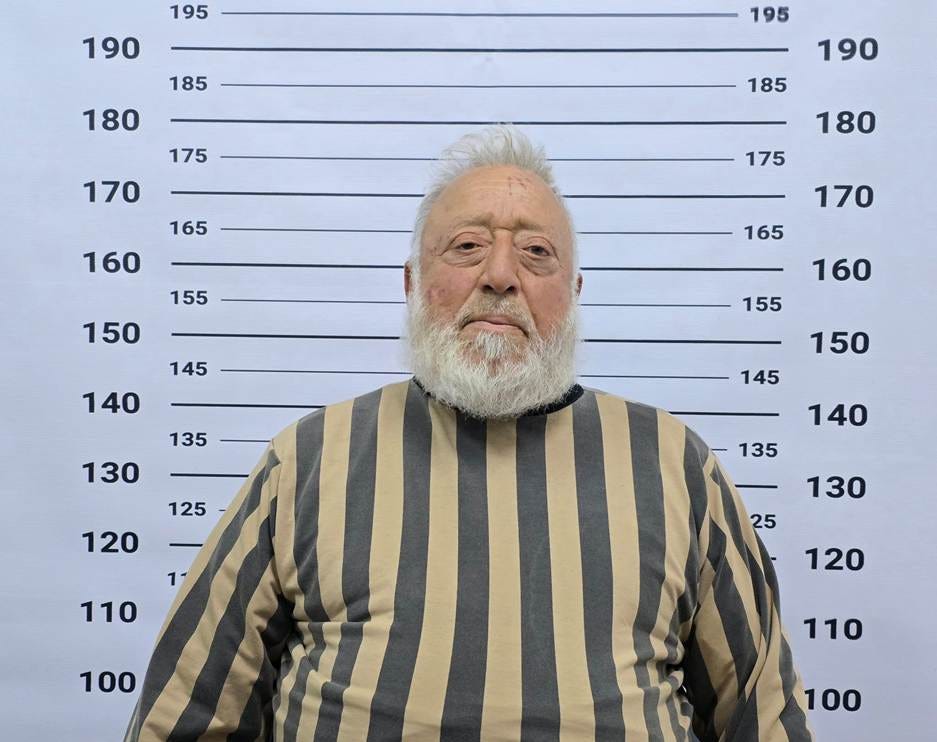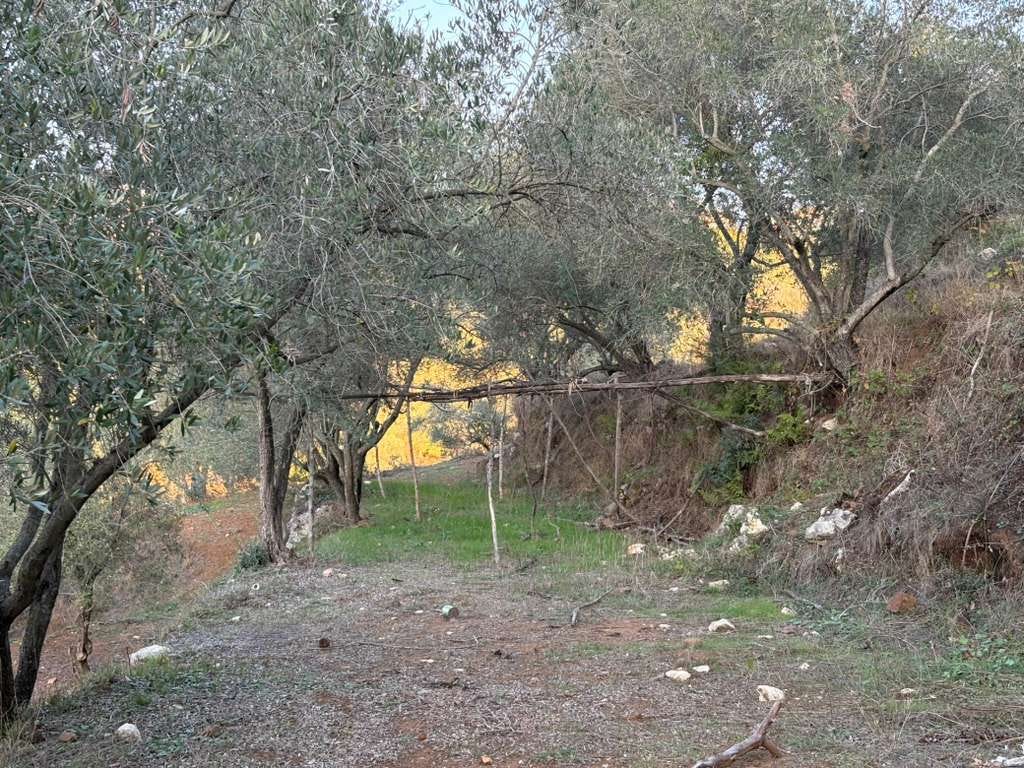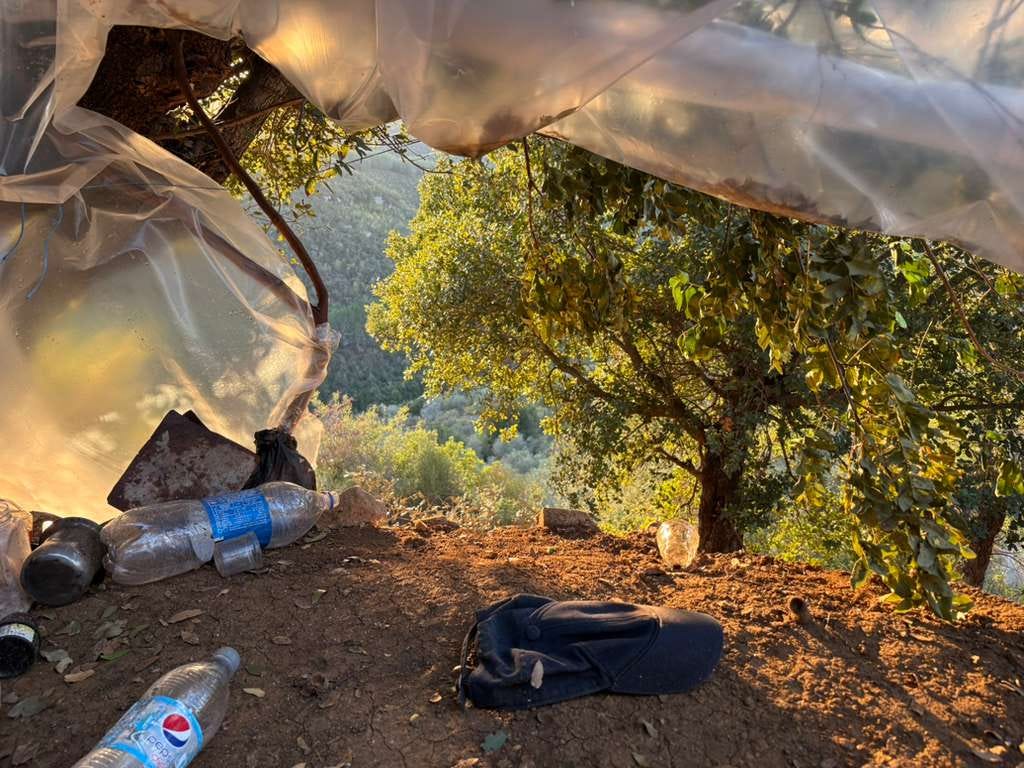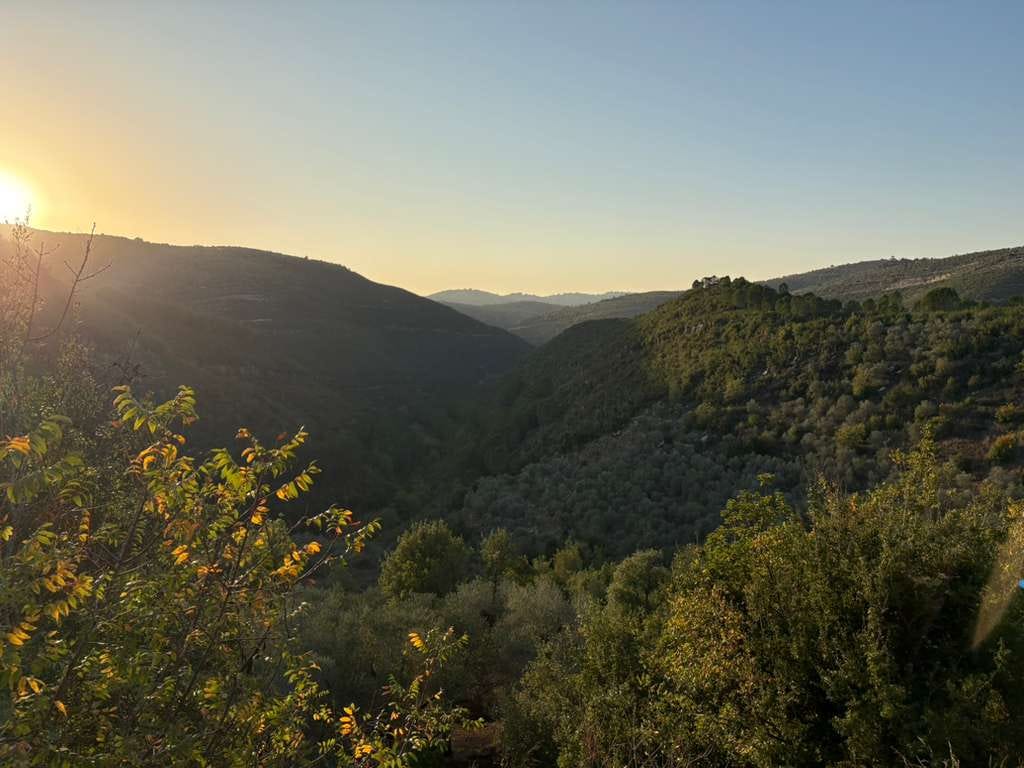The General's Villa: A First Hand Account of the Sheikh Badr Raid
How close community engagement laid the foundation for a major security operation in Tartous
The villa sits deep in the valley of the Sourani River north of Sheikh Badr. It is a remote area on the edge of a small village, far from any large towns. The valley is lush with trees, creating a dense foliage over much of the land. On November 12, Syria’s General Security Forces raided the villa, capturing 13 ex-Assad regime insurgents and the workings of a large insurgent base. The news came as a surprise to most, conducted in an area that had otherwise had otherwise been quiet since the fall of Assad.
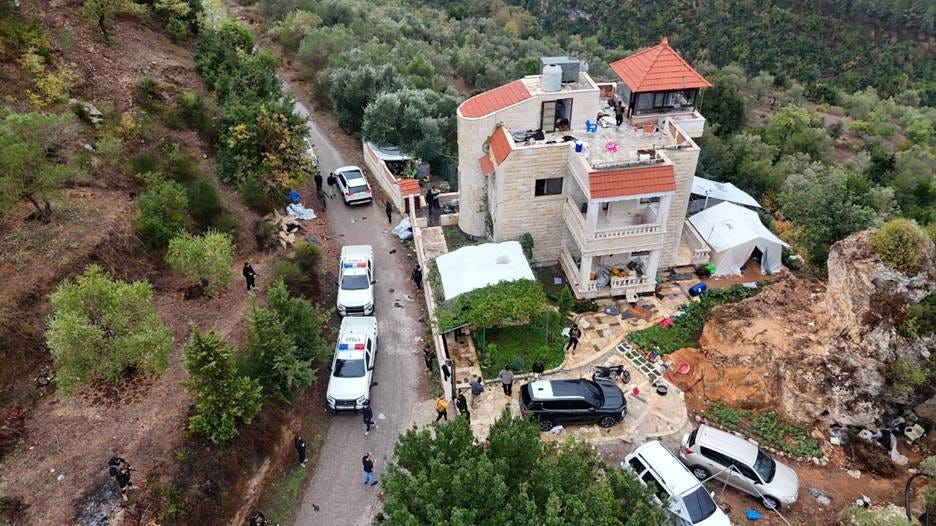
The villa and the security officers who uncovered the plot reside in the Bramanat al-Mashaeekh subdistrict, on the edge of Tartous and Hama governorates, high in Syria’s coastal mountains. The raid had been months in planning and resulted in the dismantling of the largest Iranian-linked insurgent cell in the coast. The success of the operation also underscored the effectiveness of the community outreach work these officers had engaged in since December, highlighting the stability that comes when security officers build close ties to local communities.
The Raid
The cell was led by a Shia cleric from Idlib’s Maarat Misrin, Abdul Ghani Qassab, who had terrorized the people of his town in 2011 before eventually leading an Iranian-backed militia in Aleppo. With the fall of Assad, a regime officer from Sheikh Badr, Brigadier General Ghassan Dhawab, invited Qassab and his fighters to use his villa as a safehouse. With Qassab were 12 other men from Hama, Homs, Damascus, and Quneitra. No one in the cell was from Tartous itself, and all are believed to have been Sunni converts to Shia Islam who had fought in Iranian-backed militias during the war. Security forces even uncovered some Islamic Revolutionary Guard Corps certificates the men had received during the war and brought with them to the villa.
Locals were so confused by this group that for months they had assumed the men were members of General Security who had established a base in an abandoned villa (many General Security and military bases in the coast were originally established in the villa compounds of regime generals who had fled). Eventually, however, locals in the valley realized the men were not with the government and reported their presence to the local General Security officer.
The tip-off triggered a long investigation. For three months, General Security monitored the house from a hilltop across the valley, watching the cell’s movements and activities. The insurgents were building a defensive position across the road from the house, cutting steps into the hillside that wound their way to a partially enclosed firing position where they had placed a small weapons cache. Within the compound, the fighters had two trucks and had built a field hospital and small garden. In the orchard downhill from the house they had made a makeshift obstacle course where they would train during the day. Dozens of rifles, multiple rocket launchers, a heavy machine gun, barrels of ammunition and grenades were hidden across the compound. In recent weeks the cell had begun establishing a satellite link on the villa’s roof to use with a drone in their possession.
On November 12, the security officials for the Bramanat al-Mashaeekh area moved in. They suspected at least part of the cell was getting ready to leave, and so once they saw all the men had entered the compound the two officers called for backup and drove to the house. They parked their car across the driveway gate to ensure the insurgents could not flee by car, and then knocked on the door. One of the insurgents opened, and after a brief exchange invited the officers in for tea. “We knew they would probably kill us after the tea,” one of the two officers told me, “but we had to keep them there.”
Thankfully the other General Security units arrived shortly after and the cell was arrested without a shot fired. Laptops and phones were recovered, providing invaluable evidence on the cell’s domestic and international connections. The officers believe the cell was establishing an operations base in the villa to support more coordinated insurgent attacks in the future.
Gaining Local Support
The two officers who led the operation stressed repeatedly the importance that the support of the local community played in this operation, and in maintaining stability in Bramanat al-Mashaeekh more generally.
Upon arriving in the subdistrict in December 2024, the small group of General Security officers quickly reached out to the local notables. “We did not know this area, its geography, its culture or its history, so we knew we needed to work with the locals,” explains one of the officers who had served here since Assad fell. They quickly met with the community’s leaders and encouraged them to establish a Civil Council to help resolve local disputes and serve as an intermediary between the security forces and the people. This council shares information with the General Security, but also serves as a trusted mediator for locals who are too scared to approach the security forces to voice complaints and questions.
Over time, the actions of the Civil Council and the officers eased tensions in the community. As one officer in the nearby Sheikh Badr station explained, “after the liberation the two sides were afraid of each other, but it is improving every day now.”
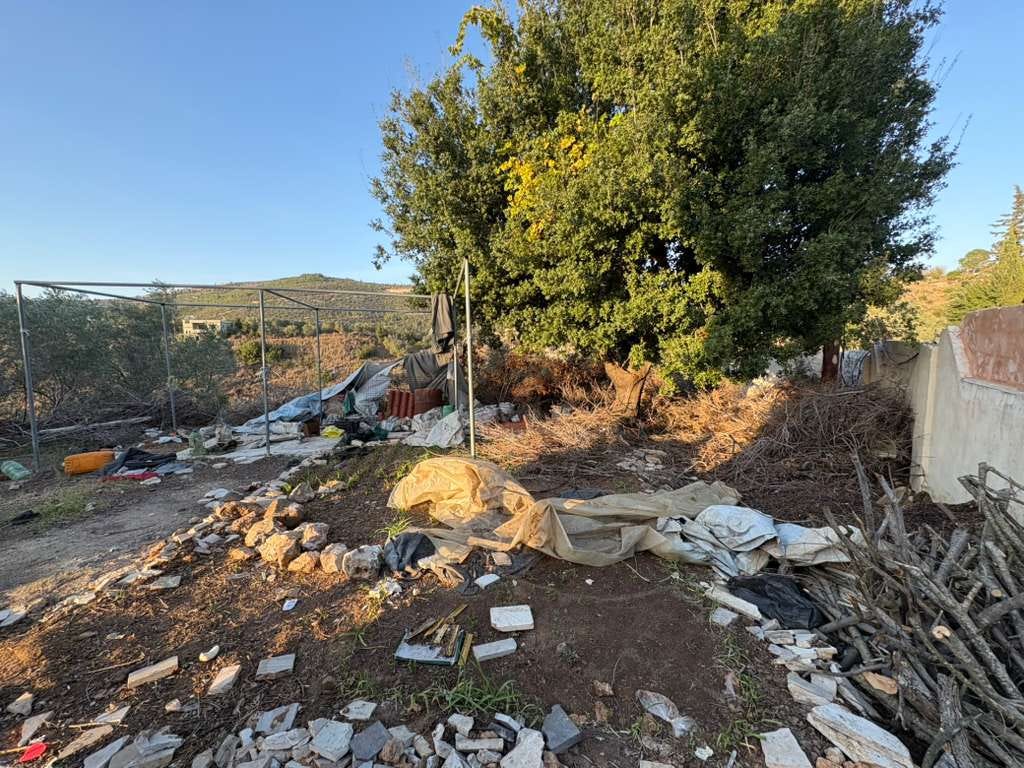
The relationship was further strengthened on March 6. That night, groups of insurgents surrounded the three General Security offices in Sheikh Badr district, quickly capturing the small, isolated forces. In Bramanat, the officers were held by insurgents for 24 hours, but the Civil Council’s intervention through their own social networks ensured the men weren’t executed (as happened in nearby Dreikish). Other locals then managed to rescue the officers and sneak them out to Tartous city. Three days later, these men returned at the head of the army columns entering Sheikh Badr, ensuring no massacres were committed against the Alawi population. In the following months, the General Security officers at the Bramanat office responded swiftly to any complaints about locally-deployed military units, ensuring soldiers who harassed locals or committed violations were removed from the area.
The General Security members in Bramanat now make social calls to peoples’ homes, sit at cafes and chat with passerby’s. They repeatedly cite the experiences of nearby Qadmus district, where the security officials there have worked closely with the local Ismaili and Alawi community leaders, as a model they sought to emulate in Bramanat.
The results speak for themselves. Across the coast there has been growing tensions within the Alawi community between those who want to work with the new government and those who either oppose any engagement or who explicitly support armed insurgency. The latter have increasingly attacked the former as “traitors", while some more moderate Alawis view those who work with the government as simply being opportunistic informants. Yet in Bramanat, the work of the civil council and actions of the security officers have successfully countered much of these internal divisions while also resulting in genuine stability and peace.


